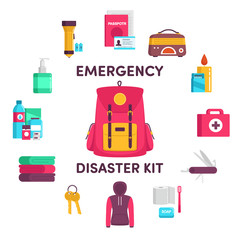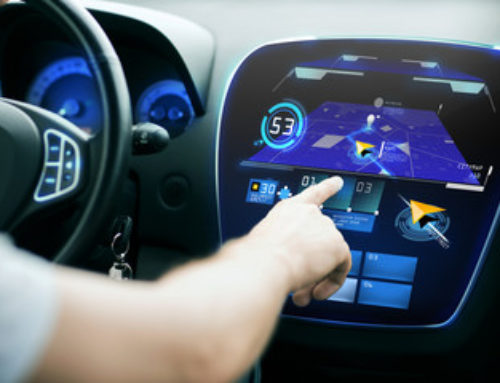Skip to content
Packing an Emergency Bag
Home/Packing an Emergency Bag
Packing an Emergency Bag
Emergencies can happen, are you prepared? If you were told that you had to leave your house right now, what would you grab? Here we give you some tips to fill a “go bag” for those just in case moments!

First off, why would you need this? These are items that you would use in case you had something wrong in your neighborhood and are being evacuated, for example, a fire, gas leak, hurricane, etc. This bag can be kept in your car, or somewhere in your home that is easy to grab and go. Each family member should have a bag of their own. Often times you won’t have time to run around your house racking your brain trying to think of things that you need and don’t need. Being prepared ahead of time makes a scary situation a lot easier to handle.

What type of bag should I get? A bug out bag, emergency go bag, whatever you choose to call it, should be lightweight enough for a child or adult to carry but also large and sturdy enough to hold your items for up to 3 days. Backpacks are often a good choice due to ease of use with your arms being able to be free. You may be running with this bag, so you don’t want to be lugging around a huge duffle bag!
What do I pack? Think of emergency situations, usually, people will end up in a shelter of some sort, where water, blankets, and food will be supplied. Your bag should hold what won’t be available.
-
Medications (be sure to bring actual bottles in case you need to refill later)
-
Electronics, chargers, extra battery packs, a LED flashlight, even a hand cranking radio would be helpful.
-
Personal items. Extra glasses, contacts, a swiss army knife, any personal comfort items for kiddos (or yourself!)
-
Clothes. Lightweight items are best, things you can layer up, and waterproof style shoes would be best.
-
Food. This part can be heavy, which is why you want to keep it minimal since you should get more from a shelter. A couple bottles of water, granola bars, etc would be just fine.
-
Important documents. Birth certificates, deeds, wills, etc. Keep these in a waterproof sleeve or container, and remember if you have them on a flash drive to print out paper copies too since you may not be able to access them.
-
Do you have pets? Don’t forget to stick a leash, food, and water for them, and if possible (for smaller pets) a carrier that is lightweight and easy to grab with your bag.
-
Once in a while be sure to walk through your house and snap photos or valuables, antiques, etc that way you can keep a record of them in case you need to report to insurance.

Of course, no one wants any disasters to happen to them, but it is always best to be prepared with a plan just in case!
Share This Story, Choose Your Platform!
Page load link










